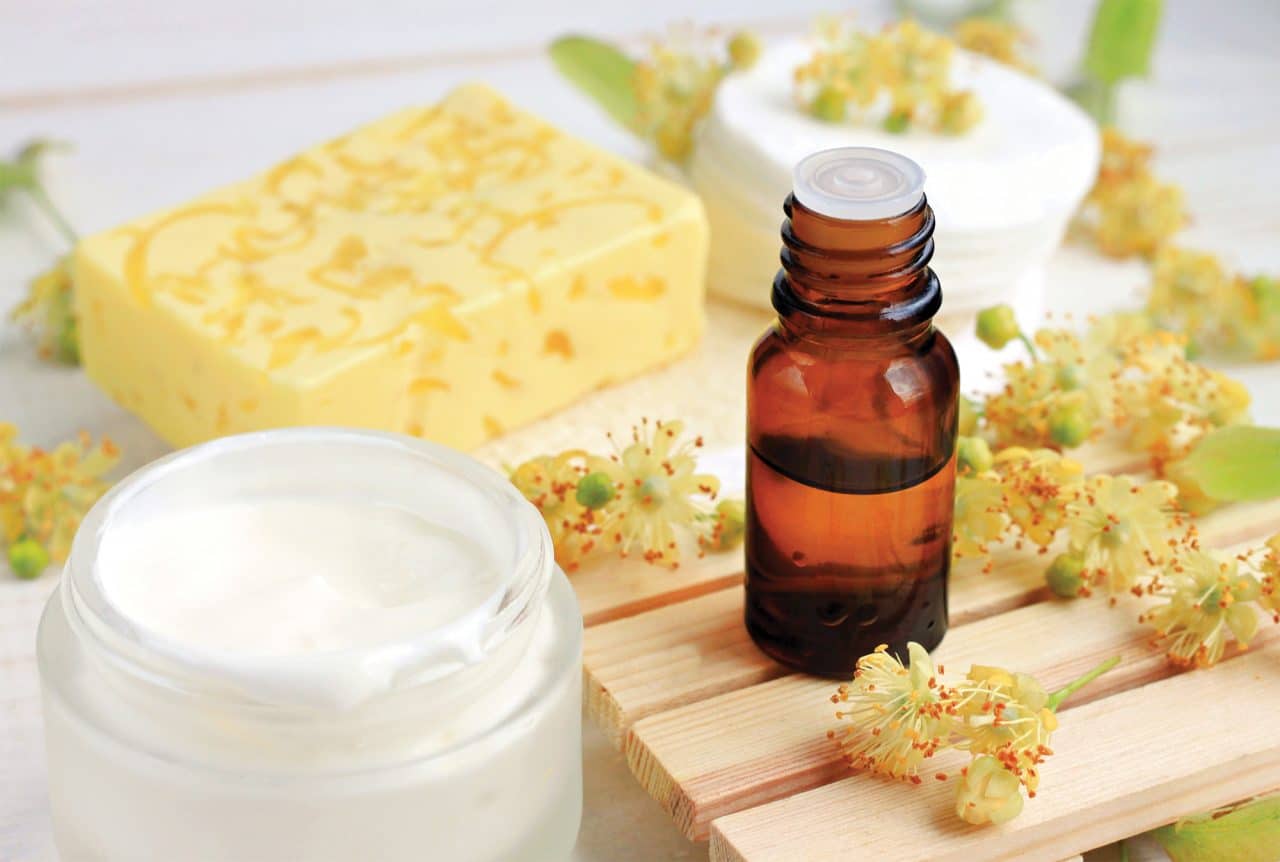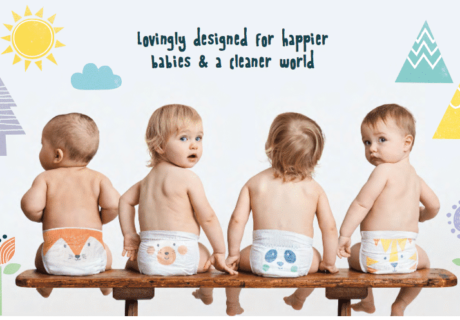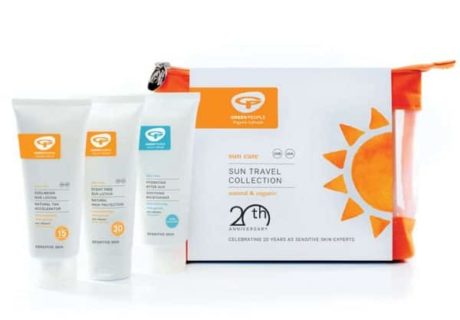The Soil Association (SA) has launched a campaign for greater clarity on beauty product labelling.
Using the hashtag #ComeCleanAboutBeauty, the campaign is asking people to sign an online petition calling for brands to use the terms ‘organic’ or ‘natural’ responsibly or not at all.
Consumer confusion is rife in this area according to new research commissioned by the SA, with many consumers making erroneous assumptions about products that have the term ‘organic’ on their label, even if it only relates to a single ingredient. Of 1,000 people questioned, the SA said that 72% said they would lose trust in a beauty brand that made misleading claims about being organic and 69% felt that misleading labelling should be against the law.
The lack of clarity and potential for misleading consumers is also likely to have an impact on retailers. The research found that 64% of people said they’d lose trust in a retailer if they found out that beauty products which say organic on the label are not certified and could not meet organic standards.
As part of the campaign, the SA has cited examples of uncertified products that are using the term organic on their labels. The associated Campaign for Clarity: Come Clean About Beauty report states that the SA has ‘not been able to do a comprehensive survey of all beauty products, but our limited research found 13 products from eight different brands that have labels which could suggest to consumers that they are wholly or mainly organic, yet are not independently certified’.
“This is the tip of the iceberg,” says SA policy director Peter Melchett. “The labels on products we encountered were littered with confusing terms. Our consumer research shows that it is very difficult for consumers to know they are making the right choice when doing their shopping.”
This report also highlights the fact that many products which claim to contain organic ingredients also contain ingredients that would not be permitted by an independent international organic and natural health and beauty standard. Working with leading independent toxicologist, Emeritus Professor Vyvyan Howard of the Centre for Molecular Bioscience at Ulster University they came up with the ‘Terrible Ten’ – a list of ten ingredients that consumers should look out for, and which would never be permitted in a certified organic product.
‘We are not suggesting that the inclusion of any of these ingredients in the products listed means that those products are unsafe. We are talking about the impacts that some of these ingredients have been found to have in wider use,’ adds the report. However, it says that ‘brands which are doing this are in danger of exploiting the reassurance that consumers seek when they choose an organic product’.
“I was shocked to find ingredients which could contain human carcinogens in products with labels which could misleadingly suggest that they might be organic,” says Howard. “Genuine organic products are independently certified and I would encourage consumers to choose those to be sure they are keeping away from ingredients included in the Terrible Ten.”





